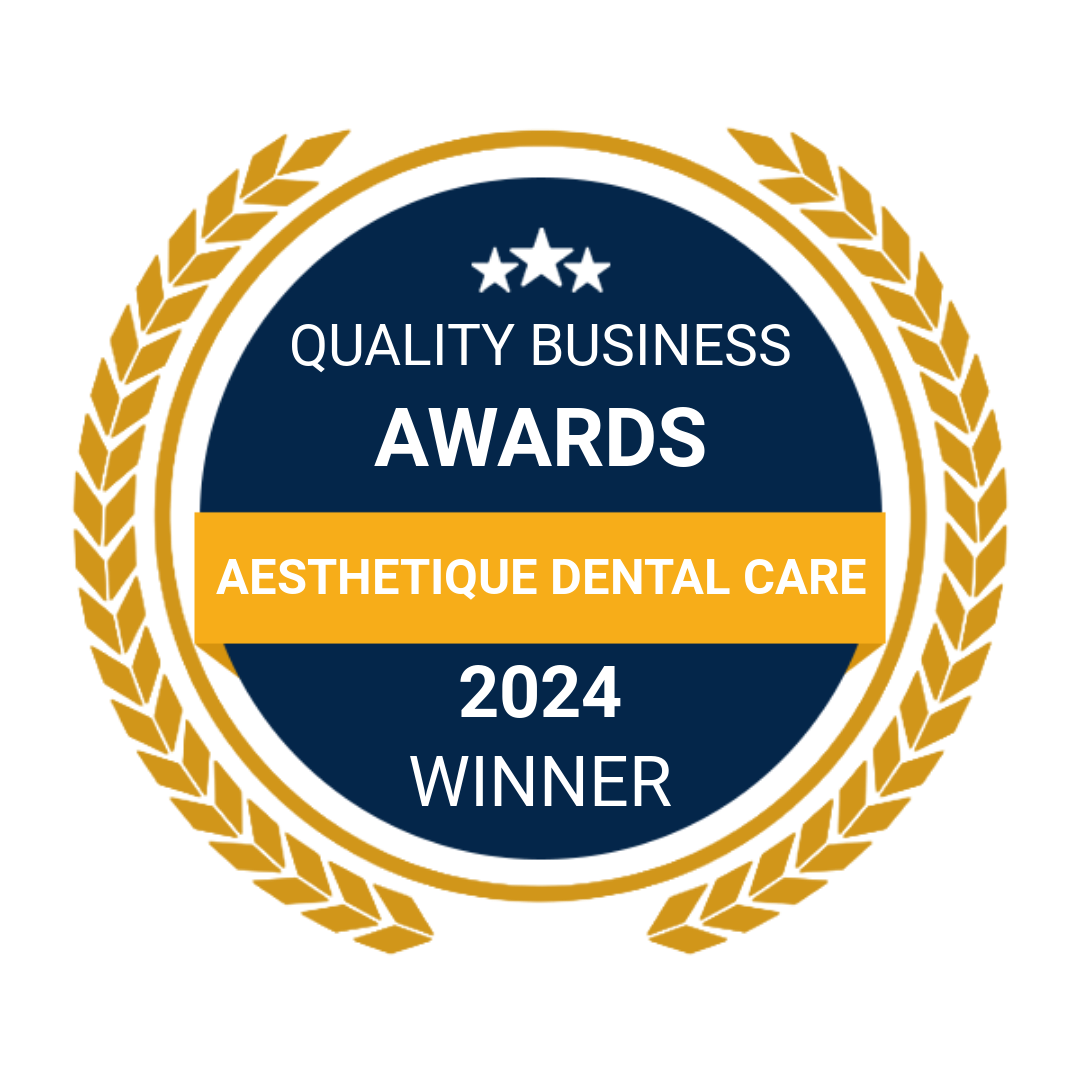In our state-of-the-art clinic, we provide comprehensive dental hygiene services, from routine cleanings to advanced gum care, all tailored to meet your individual needs. Book your consultation today for personalised care and a healthier smile.
Beyond Brushing: The Power of Dental Hygienist Visits
Good oral health isn’t just about brushing and flossing at home – it’s about regular cleanings by a dental hygienist. Even the best brushing can’t stop plaque from building up on your teeth. If this turns into tartar, you could find yourself battling gum disease.
That’s why regular visits to a dental hygienist are really important. Our expert team specialises in deep cleaning treatments that effectively remove tartar and protect you from gum disease. There’s no better way to make sure your teeth stay healthy and strong. Get in touch today to book your dental hygienist appointment.
What Are The Benefits of Dental Hygienist Appointments?
If you’re thinking about seeing a dental hygienist in Leeds, you might be wondering what the benefits are. Our private dental hygienist appointments offer numerous advantages for you and your oral health:
- Deep cleaning: A thorough clean and polish, also known as a scale and polish, effectively removes plaque buildup.
- Targeted advice: Identify problem areas in your mouth, and receive personalised advice on how to improve them.
- Tools for better care: Receive recommendations on interdental devices that can enhance the health of your teeth and gums.
- Education: Learn valuable tips for maintaining long-term health of your mouth, teeth, and gums.
- Bad breath and disease prevention: Keep your breath fresh and prevent the onset of gum disease.
- Avoid complex treatments: Reduce the likelihood of needing more complex dental treatments in the future.
- Early detection: Hygienists are trained to spot early signs of oral cancer and other dental concerns.
Our dental hygiene therapists are also fully qualified to undertake routine dental treatments, such as oral assessments, fillings, x-rays and impressions. For children, a hygiene appointment is a great opportunity for their teeth to be fully checked and to educate them on how to look after their teeth as they grow.
Looking after your teeth between hygiene appointments
Maintaining your dental health between hygienist visits is key to a healthy smile. Here’s how you can take care of your teeth:
- Mindful Eating: Try to reduce the amount of sugary foods and drinks in your diet.
- Regular Brushing: Brush your teeth twice daily, ideally in the morning and before bed. Use a fluoride toothpaste and a soft-bristled brush.
- Flossing: Floss at least once a day. It helps to remove food particles and plaque from areas your toothbrush can’t reach.
- Using Mouthwash: Try an antimicrobial or fluoride mouthwash as it can reach places that brushing and flossing might miss.
- Drink Water: Drinking plenty of water, especially after meals, can help wash away food particles and bacteria.
By following these steps diligently, you can keep your teeth and gums in good condition and make the most of your hygienist appointments.
Frequently Asked Questions
-
What is gum disease?
Gum disease is a common condition which can be hard to spot in the early stages, as many people have no symptoms. However, if build-ups of plaque around the gum line aren’t removed, the gums become inflamed, red and swollen - a sign of an early stage of gum disease, gingivitis. This is also characterised by bleeding gums when brushing. If gingivitis is left untreated, the gums start to recede and lead to pockets developing between the gum and tooth, exposing the vulnerable tooth root. Plaque and tartar build up on the root is much harder to remove. This stage of gum disease is called periodontitis and can lead to tooth loss if left untreated. It is irreversible, but can be managed by your dentist with appropriate treatment. -
How long does a hygiene appointment take?
You can expect your hygienist appointment to last around 30-40 minutes, depending on the condition of your teeth and gums. Your hygienist will professionally clean your teeth, check your teeth and gums for any issues and advise you on the best way to keep up with your oral hygiene routine at home. -
Does a hygienist appointment hurt?
No, the professional scale and polish is pain free. The hygienist will ensure you are relaxed and comfortable before beginning the treatment to minimise any discomfort and can use local anaesthetic if needed. You may experience some increased sensitivity after your appointment, but this will be temporary. -
Can a hygienist whiten my teeth?
The aim of a hygiene appointment is not to whiten teeth, but you may find your teeth appear whiter after they have been professionally cleaned. To achieve a dazzling whiter smile, you can ask your dentist for advice on whitening treatments to change the shade of your natural teeth. -
How often should I visit the hygienist?
You should aim to visit the hygienist every six months so they can keep an eye on your teeth and gums. Some people may be advised to visit more or less frequently, depending on the condition of their teeth. -
Can I see the hygienist without seeing the dentist first?
While you should still keep up with your regular dental check ups, if you feel you would like an additional hygienist appointment you do not have to wait for your dentist to refer you first. Simply get in touch to make an appointment. -
How much does a dental hygiene appointment cost?
The cost of a dental hygiene appointment depends on whether you are a registered or non-registered patient, though prices start at £65.
Your Path To a Healthier Smile
Ready to take the next step towards a brighter, healthier smile? Our expert dental hygienists are here to provide you with top-notch care and personalised advice. Don’t wait to improve your oral health. Book your dental hygienist appointment with us today and experience the difference in your smile.
Visiting the practice
Aesthetique Dental Care 21 Wharf Street, The Calls Leeds West Yorkshire LS2 7EQ
We’re in the heart of Leeds - accessed by bus and train and have convenient on street parking.





